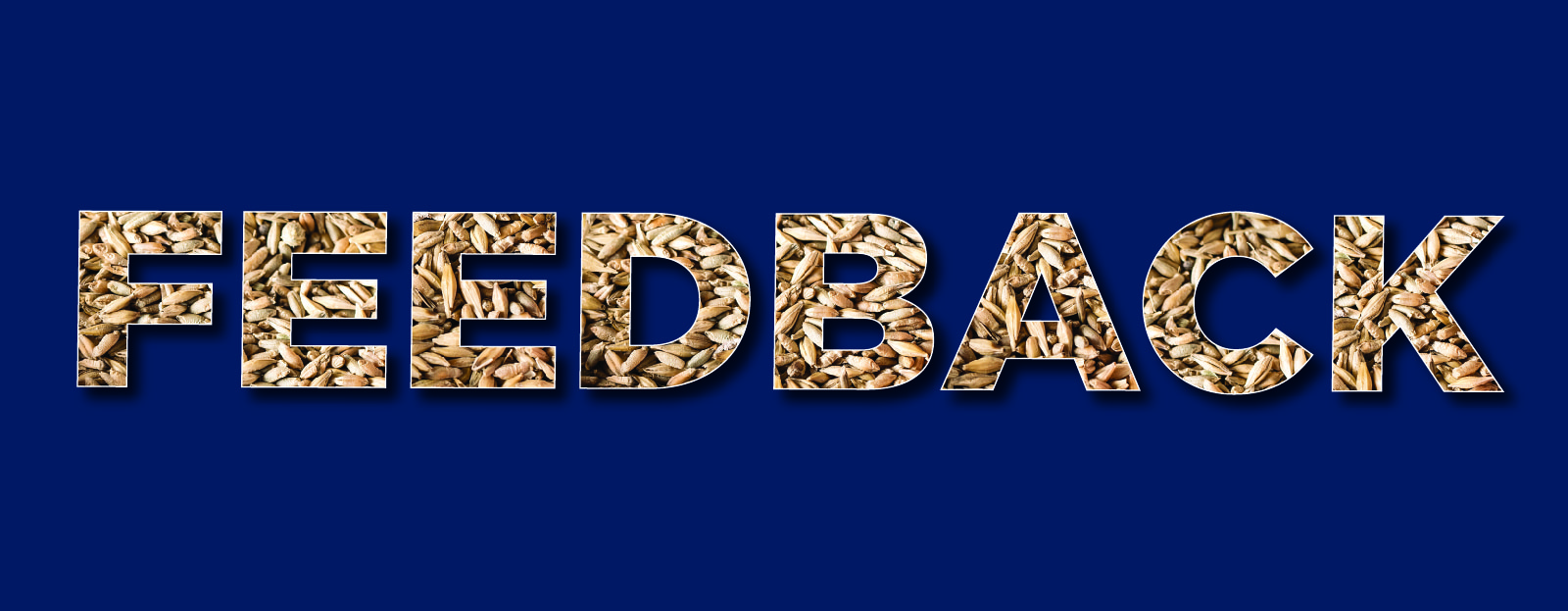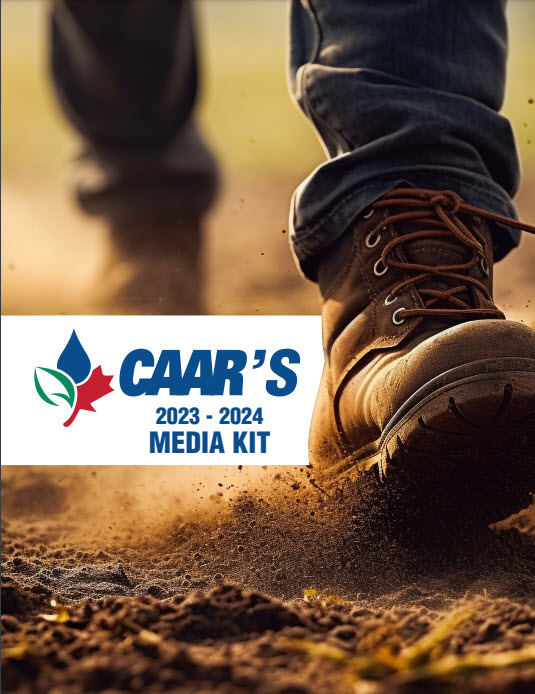Synthesis Agri-Food Network began an extensive consultation process starting in November 2020, and wrapping up March 2021, to obtain feedback on the Responsible Grain draft Code of Practice.
Over 850 individuals registered to participate with over 92% of these being farmers, mostly from Western Canada. All participants were provided access to an online survey where they could review and comment on the Code practices in detail.
In general, the majority of participants in the consultation indicated that they do not support the draft Responsible Grain Code of Practice as it is currently written. Respondents provided many comments and suggestions to improve the wording and simplify the document.
Many of those who provided feedback indicated that one of the main areas of concern was the tone of the language used in the Code of Practice. According to Canadian Roundtable for Sustainable Crops, many respondents perceived the tone of the document as accusatory and suggested that the Code highlight good things farmers are doing. Some commented that the background descriptions and rationale for each module create a negative tone that will not help to build public trust – a stated goal of the code.
A significant portion of farmers indicated that they are currently following most of the proposed practices and felt that formalizing the practices into a Code would not provide any tangible benefits to producers. There was a significant concern that the proposed Code of Practice could lead to an increase in regulations.
Respondents indicated that the draft Code wording is confusing, too long, redundant, and repetitive. Many commented that the proposed Requirements and Recommended Practices are too specific and suggested that it should be kept at a higher level, focusing on general principles or outcomes. As well, those who responded suggested that it is challenging to have a national code that is relevant and applicable to each province. There were also several suggestions that the code should be aligned with existing programs such as the Environmental Farm Plan (EFP) and the 4R Nutrient Stewardship Program.
While some respondents indicated that software systems make record-keeping easy, many more indicated that the proposed record keeping requirements are not practical, nor needed. Most of all, respondents were concerned that they would need to submit detailed records.
Some respondents commented that the proposed Requirements or Recommended Practices do not consider the most recent practices being used on farms and/or does not allow for the adopting of future technology.
The Code references the use of specialists such as agrologists, experts and engineers which was viewed by many respondents as increasing costs for farmers and not considered necessary. Respondents would prefer that the Code reinforce that farmers are, in fact, experts and are often highly educated specialists.
Feedback on Specific Modules
Respondents provided detailed feedback on the proposed Requirements and Recommended Practices in each of the seven Modules. For the most part there were wording changes or requests for simplification on the following modules:
- Pest and Pesticide Management
- Seed Selection and Use
- Nutrient Management
- Soil Management
The module related to Water Management had general agreement, but the section on agricultural land drainage as written was generally viewed as too vague. There was agreement with many of the proposed Requirements for the Health and Wellness module, but the Recommended Practices section was viewed as too specific and it was suggested these should be individual business decisions.
The module which received the strongest disagreement was the Land Use & Wildlife module.
The Canadian Roundtable for Sustainable Crops indicates that it is very appreciative of the time that grain farmers spent to provide feedback on the draft Responsible Grain Code of Practice. The Roundtable notes that not only did grain farmers provide their opinion on each of the Code draft Requirements and Recommended Practices and options for rewording, consultation participants asked some fundamental questions such as “Is public trust really an issue for grain farmers?” or “How is a Code going to help maintain markets?”
The CRSC Steering Committee will be taking the opportunity to focus on these questions by undertaking analysis, leading to a “White Paper”, to further inform discussion on the Responsible Grain Code of Practice. Canadian Roundtable for Sustainable Crops Steering Committee says it is taking seriously the issues that were raised in the consultations, and that it hopes to have finished the above work by the fall of 2021.
For more details, details can be found in the Feedback Summary report on the Responsible Grain website: https://responsiblegrain.ca/
Related Articles
- Moving Canada’s grain CN and CPKC railroads detail their plans to provide Canada’s agricultural communities with the best possible service. But a port strike and continued episodes of wet weather can derail those plans. CN and CPKC rai...
- Grain trains doing the job CN and CP have moved a lot of grain this season—but could they do better? By Andrew Joseph, Editor While the adage “if it ain’t broke, don’t fix it” is true, the opposite is as well. Over the past few years, the...
- Update on Port of Oshawa Expansion Increased grain exports are expected to be the key to the forthcoming port project. The Hamilton Oshawa Port Authority (HOPA) has revealed more information on the plans for the upcoming $30 million Port of Oshawa ...
- Overview of the Canada Grains Council Roundtable National meeting keeps the ball rolling on grain industry-specific subjects that affect the Canadian grain supply chain and economy. While the world certainly has its collective hands full dealing with issues rel...
- Field Crops Report for June 2021 According to statistics Canada, the results from the June 2021 Field Crop Survey conducted with 25,000 Canadian farmers showed that farmers planted more canola, barley, soybeans and lentils, but fewer acres of wheat,...
 How to resolve AdBlock issue?
How to resolve AdBlock issue? 


Join the discussion...
You must be logged in as a CAAR member to comment.
Report
My comments